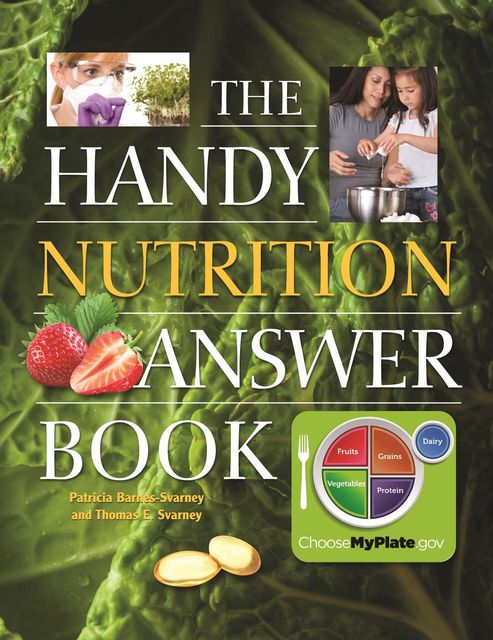This book is currently unavailable
750 printed pages
- Original publication
- 2015
- Publication year
- 2015
Quotes
- Soliloquios Literarioshas quoted6 years agoThe seeds contain many nutrients; a one-cup serving (from ¼ cup dried quinoa) has more iron than any unfortified grain product—at about 4 milligrams. It also has magnesium, phosphorus, potassium, zinc, and numerous B vitamins, including B6, folate, niacin, and thiamine. It has only 160 calories in the one cup of cooked grain, with 7 grams of protein, and not only includes the amino acid lysine, but is also a good source of saponins, a phytochemical said to help prevent cancer and lower the risk for heart disease.
- Soliloquios Literarioshas quoted6 years agoWhy are quinoa seeds considered to be a “complete” protein?
Quinoa is one of many nonanimal foods that are considered to be a complete protein (another is chia). It is often called a grain, but is actually a seed in the beet and spinach family (Chenopodiaceae). It is grown mostly in the Andes of South America, with Bolivia and Peru accounting for 90 percent of the world’s production. Some research indicates it has been grown there for more than 5,000 years, as it is one of the few crops that grow well in the poor soil of the dry Andes Mountains. - Soliloquios Literarioshas quoted6 years agoWhy are whole grains so important to nutrition?
Whole grains are important to human nutrition, as long as you’re not allergic to gluten (for more about gluten intolerance, see the chapter “Nutrition and Allergies, Illnesses, and Diseases”). Although most are not a complete source of protein, whole grains are an excellent source of starchy carbohydrates and dietary fiber. In addition, whole grains in particular are a good way to take in niacin, vitamin E, riboflavin, phytochemicals (such as lignans and saponins), and other dietary nutrients necessary for good health. The reason nutritionists suggest eating whole grains has to do with the plant itself: the most valuable nutrients are found in the germ and the outer covering. When grains are refined and made into flour or meal, the germ and covering are removed. But whole grains keep both the germ and outer covering, thus retaining nutrients—which also includes much more fiber than refined flours.
fb2epub
Drag & drop your files
(not more than 5 at once)


